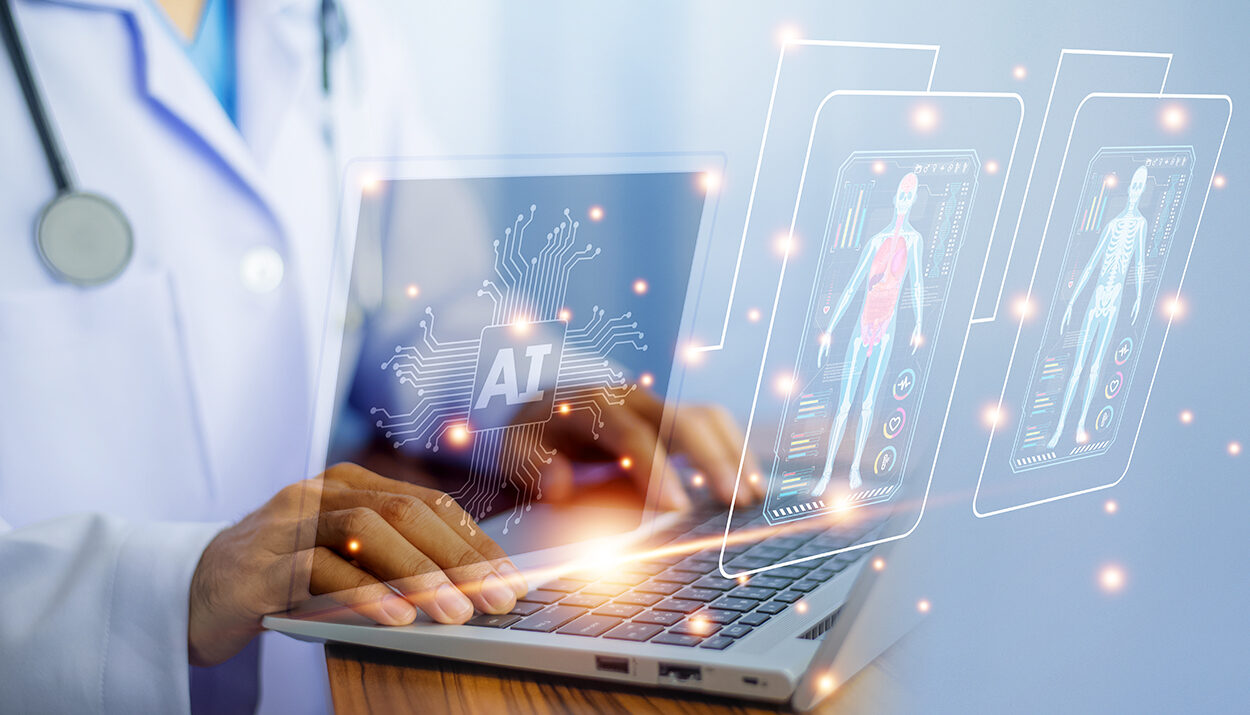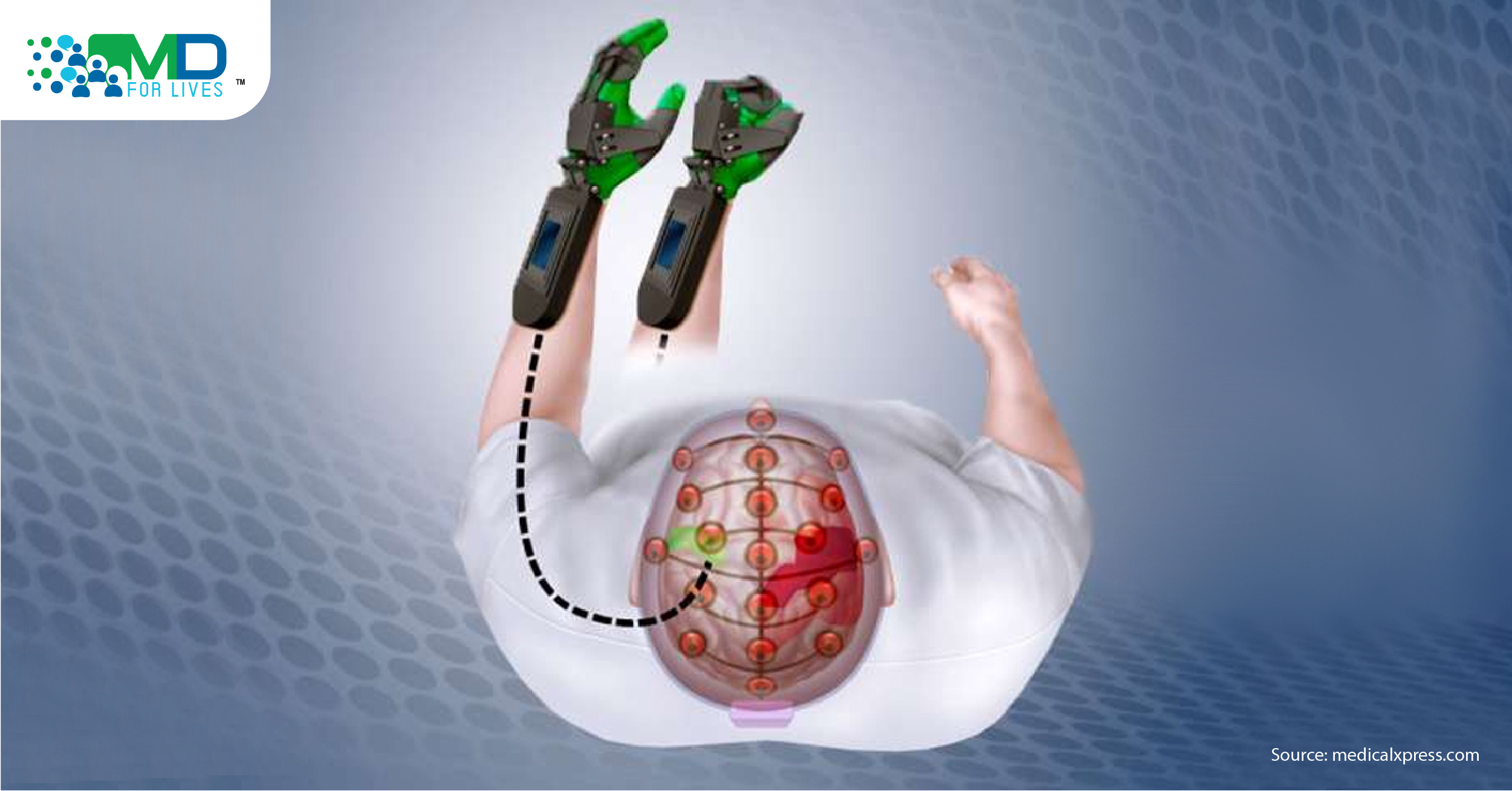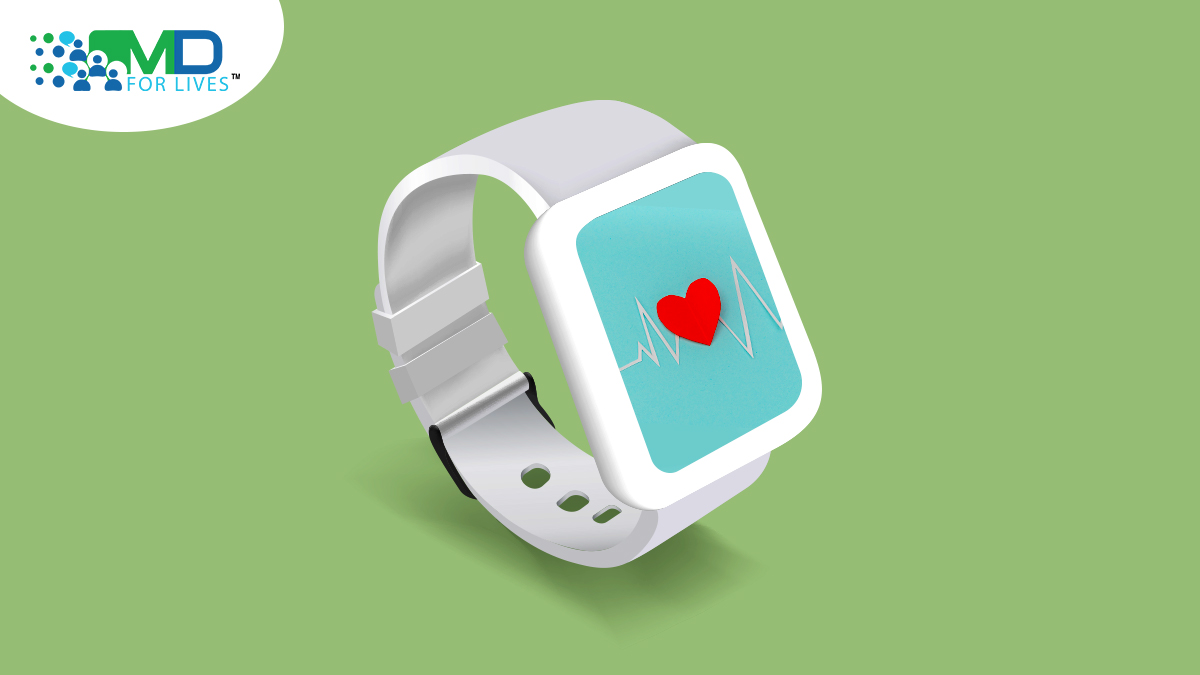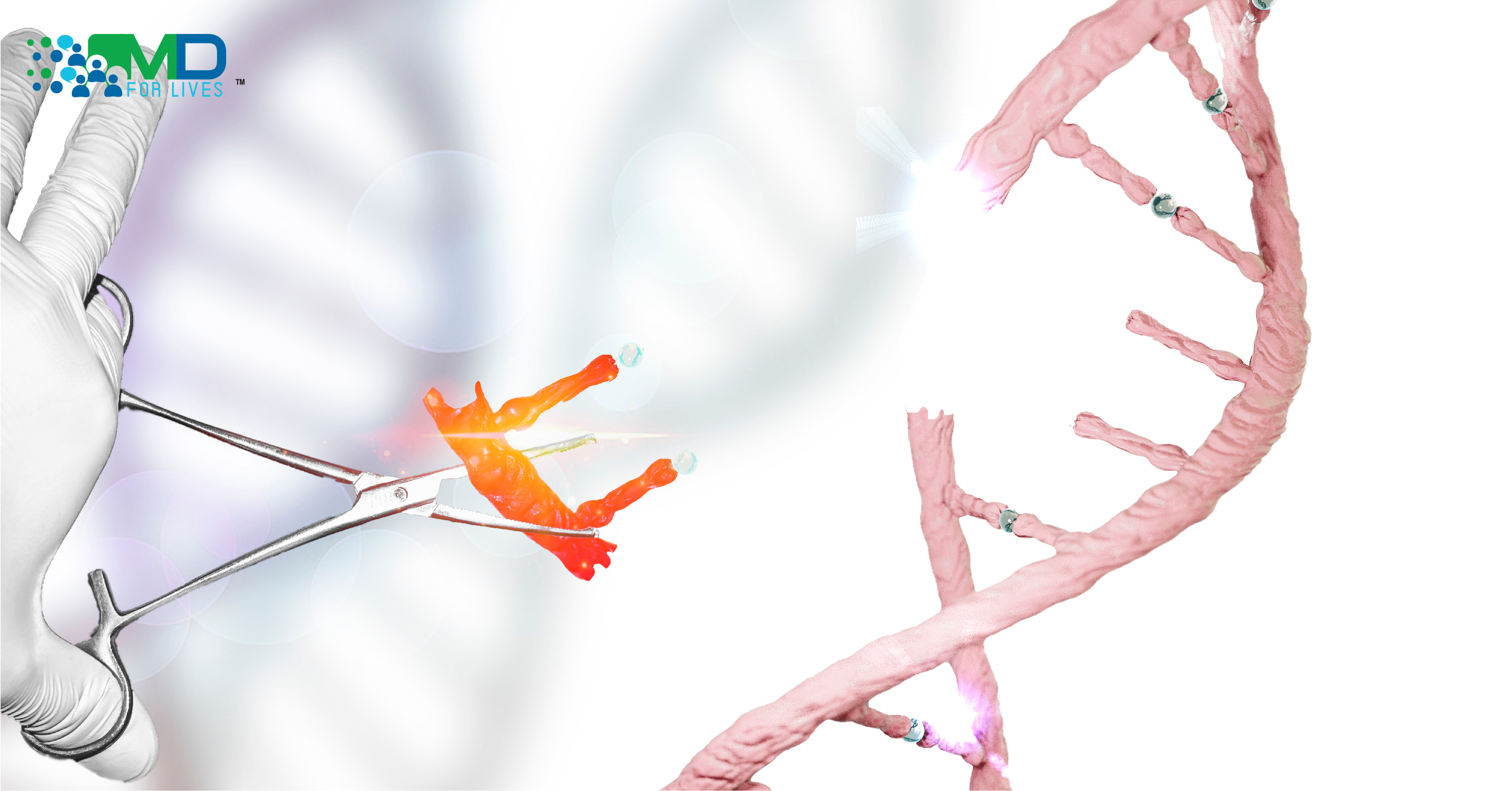Picture a patient walking into a facility built on smart hospital technology – one that adjusts lighting, comfort, and even predicts when they’ll need help. That’s not science fiction anymore. With the increasing quest for faster, safer, and better healthcare delivery, we are beginning to see the shift of hospitals away from reactive, traditional systems to proactive, predictive ones, and the partners in this dynamic change are Artificial Intelligence (AI) and Internet of Things (IoT). In this blog we’ll explore how AI and IoT are revolutionizing hospitals, from smart beds and AI-powered diagnostics to IoT-driven monitoring and treatment decisions. Get ready to discover how smart hospital technology is transforming healthcare!
Understanding Smart Hospital Technology
So, what is a smart hospital, exactly? A smart hospital isn’t just high-tech; it’s high functioning. It’s where AI and IoT quietly optimize every touchpoint, from check-in to post-op care. In fact, the World Health Organization considers the digitization of healthcare delivery as one central pillar for achieving universal health coverage. Likewise, HIMSS defines a smart hospital as a tech-enabled environment that enhances clinical outcomes, patient experience, and operational efficiencies.
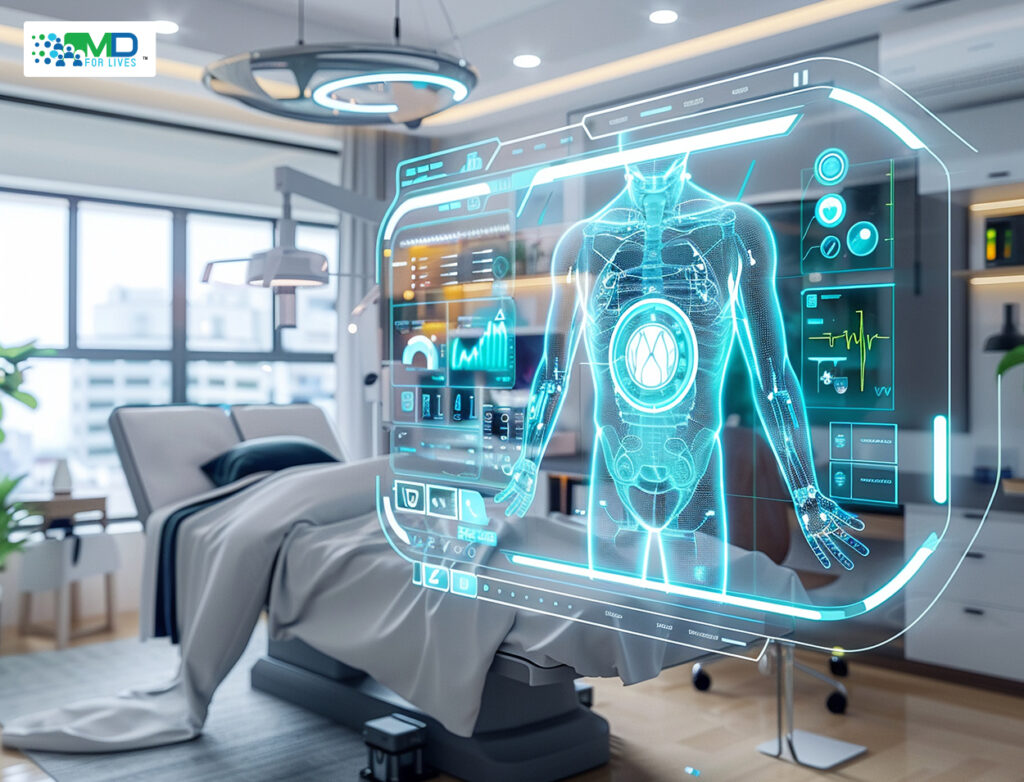
Key technologies commonly integrated in smart hospitals include:
1. IoT Sensors: These track everything from patient vitals and staff location to equipment status.
2. Electronic Health Records (EHRs): EHRs provide instant access to patient information across departments.
3. Mobile Health Apps: These empower patients to track appointments, consult doctors, and access test results.
4. Cloud Storage: This enables centralized, secure storage and access to patient and hospital data.
The Future Is No Longer Ahead – It’s Here!
A prime example is the Sheba Medical Centre in Israel, also known as the “City of Health”. Sheba uses AI for patient triage and IoT for remote monitoring, resulting in fewer unnecessary hospitalizations, along with faster interventions, especially in critical care.
Ultimately, smart hospitals herald a transition from simply reactive to illness, to predicting and preventing it, all powered by real-time data and machine learning.
The Role of AI in Modern Healthcare Management
AI is the brain behind smart hospital technology, powering everything from complex data analysis to assisting doctors with diagnosis. It is transforming both clinical and administrative aspects of healthcare.
AI in Clinical Settings:
- Supercharged Diagnostics: AI algorithms can analyze image scans like MRIs and X-rays in seconds, spotting abnormalities that might take radiologists minutes to detect.
- Personalized Treatment Plans: AI can sift through the medical histories of patients and suggest customized treatment plans for each one of them.
- Predicting the Future: Based on EHR data, AI could identify at-risk patients and predict their likelihood of readmission.
AI in Operations:
- Automation is Key: AI automates routine tasks like patient scheduling, billing, and discharge.
- Smarter Resource Allocation: AI optimizes allocation of beds, staff, and equipment, especially during peak demand.
- Chatbots to the Rescue: AI chatbots handle basic patient queries, saving doctors’ and nurses’ time for other tasks.
AI in Action:
- Mass General Brigham and PathAI (USA): This collaboration uses AI to improve cancer pathology, reducing diagnostics errors by 65% and speeding up diagnosis time. This helps pathologists pinpoint cancer subtypes more accurately.
- Apollo Hospitals (India): AI-powered preventive health tools are used to identify early warning signs of heart diseases and diabetes.
The AI Advantage:
- 30–50% reduction in diagnostic errors
- Up to 40% time saved in administrative tasks
- Improved clinical decision-making
- Elevated patient trust and engagement
It is important to remember that AI is designed to support healthcare professionals, not replace them.
How IoT Devices Are Revolutionizing Hospital Infrastructure
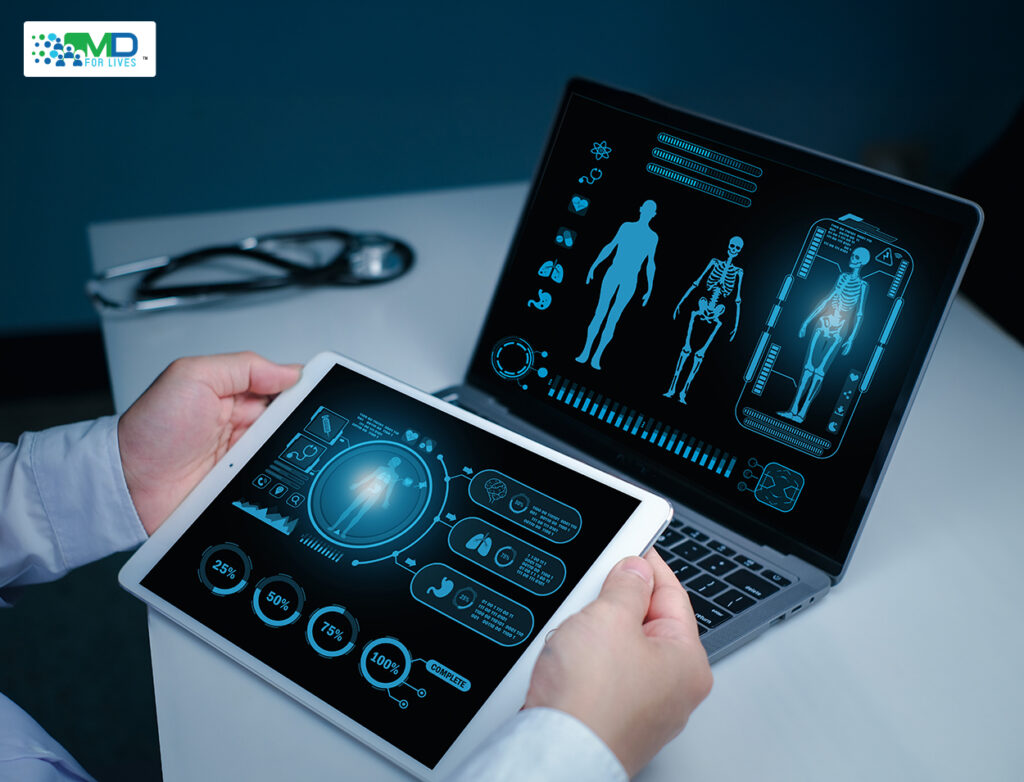
The Internet of Things (IoT) is all about interconnected devices that collect, transmit, and analyze data in real time. In hospitals today, smart hospital technology – including IoT tools, –adds significant value to services they offer, especially to patients with chronic conditions or those who need post-operative care.
Here are some key applications:
1. Smart Beds: These smart beds automatically adjust according to patient movements and pressure points. It also monitors heart rate and oxygen saturation.
2. Wearable Devices: From smartwatches to specialized sensors, these devices can monitor and transmit real-time metrics like glucose levels, ECG patterns, and blood oxygen, whether the patient is at home or in the ICU.
3. RFID Tags: These tags can track real-time location of critical equipment like defibrillators, ensuring that the medications are administered in a timely manner, preventing loss.
The intersection of IoT and healthcare is revolutionizing how smart hospitals operate. From real-time patient monitoring to automated workflows, IoT and healthcare together are enabling smarter, safer, and more efficient care environments globally.
IoT in Action: The Mayo Clinic Example:
Mayo Clinic, one of the best smart hospitals, uses IoT to monitor post-surgery patients, tracking vital signs like respiratory rates and temperature. This allows reduced ICU stays and faster intervention in emergencies.
Beyond Patient Care: IoT is also optimizing hospital operations:
- Energy management: Smart thermostats and lighting systems reduce energy waste.
- Predictive Maintenance: IoT sensors can predict equipment failures, enable proactive maintenance, and prevent disruptions.
The result? IoT-powered healthcare enhances both patient safety and hospital efficiency.
The Power of AI + IoT Integration in Smart Hospitals
AI and IoT each offer value, but together, they’re at the core of what makes a hospital truly smart.
How It Works:
The data collected from IoT devices is analyzed instantaneously by AI systems, allowing for prompt automated decision-making – and often the whole process is completely devoid of human input.
Examples of AI + IoT in Action:
- Smart ICUs: AI adjusts lighting, noise, or even ventilator settings based on real-time patient data.
- Cardiac Monitoring: Wearables detect irregular heart rhythms, and AI predicts the risk of cardiac arrest, providing early warnings to medical staff.
Case Study: Mount Sinai’s Success Story
Mount Sinai Health System introduced an AI + IoT monitoring system in its critical care units. The outcome? An impressive 35% reduction in “code blue” events (cardiac arrest), where the patient needs immediate cardiopulmonary resuscitation. This innovation has reduced nurse fatigue and improved the survival rates of patients under critical care.
The integration of AI and IoT within smart hospital technology enables faster clinical decisions, improved patient safety, and higher success rates, especially in critical situations.
Key Benefits of Smart Hospitals
These hospitals aren’t just smarter – they’re setting a new standard for healthcare globally. Here are some of the key benefits:
1. Enhanced Patient safety: Real-time alerts and auto-medication systems minimize errors.
2. Optimized Resource Allocation: Efficient allocation of staff and real-time bed tracking maximize efficiency.
3. Faster Treatment Cycles: AI and IoT speed up diagnosis and treatment.
4. Lower Operational Costs: Automation and predictive maintenance can lead to significant cost savings (up to 25%, according to Deloitte).
5. Improved patient experience: seamless service and personalized care enhance patient satisfaction.
6. Data-Driven Decisions: AI and IoT enable more accurate diagnoses and proactive care.
Smart Hospitals and Challenges Ahead
Despite these advantages, building smart hospitals presents some challenges:
- Stiff Costs of Implementation: Setting up IoT systems and training AI models requires big bucks upfront.
- Cybersecurity & Privacy: Bigger data means bigger liabilities in terms of keeping the patient data secure.
- System Interoperability: Integrating new technologies with legacy systems can be challenging.
- Staff Adoption: Oftentimes, healthcare professionals are wary of using new tools, hence adequate training is essential.
Overcoming The Challenges:
- Phased Implementation: A gradual approach can make the transition more manageable.
- Strategic Partnerships: Collaborating with health tech companies can provide expertise and support.
- Comprehensive Training: Investing in staff training builds confidence and competence.
- Robust Cybersecurity: Implementing strong security protocols is crucial.
The Future of Smart Hospitals
The future of smart hospitals is more exciting than ever. We’re on the edge of a new era. Here are some emerging trends:
1. Digital Twins: Simulated replicas of patients and hospital systems for testing the treatment procedures without real-life risk.
2. AI-Powered Robotic Surgeries: Enhancing surgical precision and reducing recovery time.
3. Blockchain Integration: Securing patient data and ensuring tamper-proof medical records.
4. Virtual Hospitals: Entire patient journeys, from consultation to prescription, handled remotely.
Exploring the Future of IoT in Healthcare
“The Cleveland Clinic and IBM are collaborating to develop a complete digital hospital model utilizing AI to reduce waiting times, automate mundane tasks, and offer telehealth in the most remote areas of the state. ”
As the future scope of IoT in healthcare continues to expand, innovations like ambient intelligence and AI-powered robotics will become standard features in smart hospitals.
Lead the Smart Healthcare Movement!
Smart hospital technology is no longer a concept of the future; it’s a reality reshaping healthcare today. Powered by AI and IoT in healthcare, hospitals are now delivering faster diagnoses, safer surgeries, and more personalized patient experiences, all while easing the burden on healthcare systems.
From hospital managers to frontline caregivers, every stakeholder has a responsibility to embrace and optimize these innovations. The future isn’t waiting; it’s being built in real-time.

So, the question is: are you ready to lead the transformation?
At MDForLives, we recognize the pivotal role that Allied Healthcare Professionals play in shaping this smart future. Join our global network of medical experts, participate in paid surveys, share your expertise, and help guide the direction of digital healthcare – all while earning rewards for your insights.
Also read
Infection Control and Patient Safety
FAQs
-
What is a smart hospital?
Smart hospitals use digital technologies like AI and, IoT in healthcare, or cloud computing to enhance efficiency while ultimately remaining patient-centric.
-
How does AI improve healthcare management in hospitals?
Not only does AI automate administrative processes and predict health risks, but it also serves to assist doctors in tailoring treatments – ultimately improving accuracy and efficiency.
-
What are some common IoT devices used in hospitals?
IoT devices in the hospital include smart beds, wearable health trackers, RFID tags for equipment tracking, and remote monitoring systems.
-
How do AI and IoT in healthcare work together in smart hospitals?
IoT devices collect real-time information; AI then uses it immediately to inform decisions on topics like emergency alerts, personalized modifications, or predictive care.

MDForLives is a vibrant community of healthcare professionals and patients dedicated to shaping the future of healthcare. We provide valuable global insights to healthcare companies through online surveys, interviews, and discussion forums.

